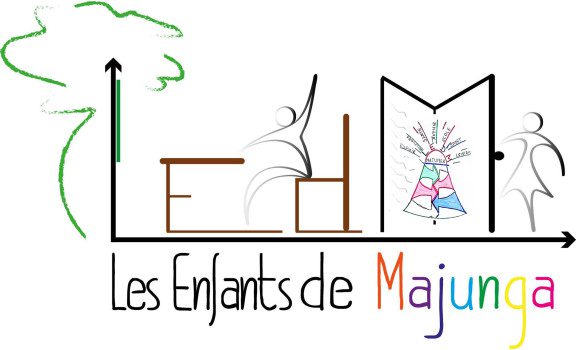She means one biomedical therapists usually translate hanoin barak (convinced excessively) since a reaction to traumatic occurrences, in particular this new 1999 Passabe slaughter
Such, Miller and you can associates (2006) made use of “brief ethnography” growing the Afghan Danger sign Listing (ASCL), and this drew into idioms off stress plus “thinking way too much.” Rasmussen and you can associates (2014) up coming opposed the fresh locally-developed ASCL toward Mind-Reporting Survey (SRQ-20). It discovered that the brand new SRQ-20 did not get aggression and you will dysphoria, parts of intellectual stress that have been eg locally outstanding. As well, salience of your own steps differed by sex. And additionally emic methods near to established cross-cultural devices therefore considering an even more holistic, in your neighborhood salient way of assessing distress. Furthermore, Hinton and you will acquaintances (2012a, b, 2013, 2015) discover “thought much” is a button domain name away from research and you can therapy one of Cambodian refugees and thus suggest adding brand new idiom towards techniques assessment and you can input.
Idioms from distress express incredibly simply while they draw with the common understandings away from ethnopsychology, social background, and you will linguistic meaning systems. Such as for instance, in a survey on South Far-eastern women in Britain, the term “convinced and convinced” is virtually always followed supporto fcn chat by recommendations to help you dil (the center). It idiom for this reason interacts the latest position of your heart-notice in order to interrelated feelings and thoughts, distinguishing “considering and you will thought” regarding casual thoughts (Fenton & Sadiq-Sangster, 1996). , 2008). Other article authors indicate that “thinking an excessive amount of” idioms linguistically promote things aside from typical, casual thoughts. Weiss (2005) describes the definition of mawazo as the appearing productive, embodied think, with similar words existing in the Amharic, Haya, and you can Swahili (Mains, 2011; Weiss, 2005). Particularly linguistic and you may ethnopsychological importance would suggest that there is well worth to preserve idioms away from stress from inside the scientific and you can public wellness telecommunications.
Most other knowledge of Southern area Far-eastern populations provides also associated “thought excess” to the cardio-head, and therefore contrasts which have cognitive-mental procedure that are founded in other aspects of ethnophysiology (Desjarlais, 1992; Kohrt mais aussi al
Meanwhile, due to the fact “thought continuously” idioms – like many idioms from distress – is display distress which is non-pathological, they want to not brought to imply a need for mental wellness cures in all cases. Including, in her study of pensando demasiado (thinking an excessive amount of) within the Nicaragua, Yarris (2014) found that the idiom communicates a particular moral ambivalence regarding the context out of switched public lifetime. Yarris’s wider analysis (2011b) looked feel away from grannies caring for their migrant d; children. During one hand appreciative off financial remittances, grandmothers nonetheless struggled that have both chronic care out of d; security, together with thinking out-of abandonment, judging the latest remittances are “morally decreased while making right up to possess mothers’ absences” (Yarris, 2014, 481). Ultimately, the experiences from “thinking extreme” and its own embodiment just like the dolor de celebro (brainache) echo failure to reach ethical ideals of unity and solidarity contained in this the family. When you look at the a comparable vein, Sakti’s (2013) examination of “thinking too much” inside Timor-Leste signifies that psychiatric intervention will be decreased. However, within her ethnographic investigation, she discovers that “thought excessive” are inspired not from the personal traumatic situations however, by disruption from regular streams regarding communication and reconciliation among closely related kin groups, hence provides ongoing personal rupture. In this instance, personal treatments advised by ethnographic context would likely be much more successful than simply personal psychiatric cures aimed at PTSD. Like other anthropological knowledge off idioms of stress, Yarris and you will Sakti’s prolonged examinations out of “thinking excessively” from inside the socio-social and governmental position let you know the fresh new greater value that’s being communicated, yet are probably missed, invalidated, or even rooked through the use off narrower psychological translation and you may impulse. Investigation away from “considering too-much” idioms will be thus will still be accessible to the possibility that they discuss non-pathological distress – along with collective social stress otherwise symbolic protest (Abramowitz, 2010; De- Jong & Reis, 2010; Nichter, 2010; Pedersen mais aussi al., 2010) – that would highly recommend a significance of personal, political, and economic reform much more than psychological input.
